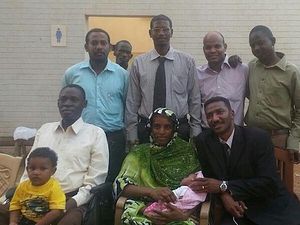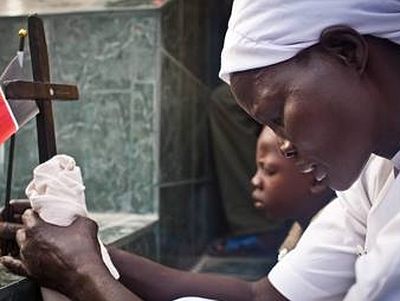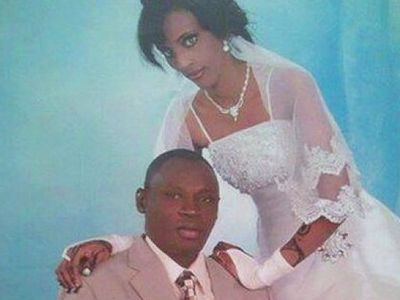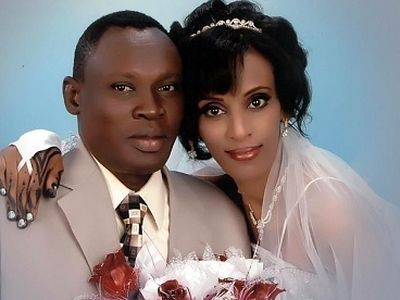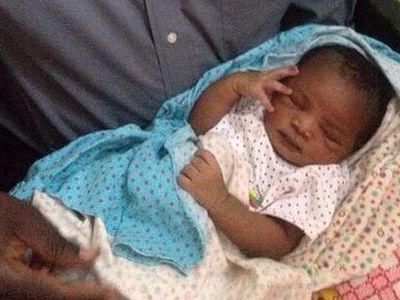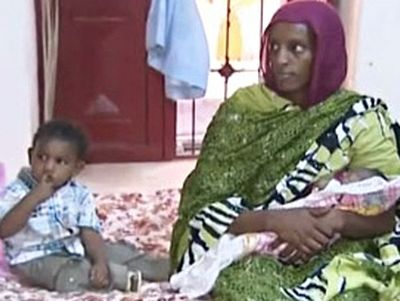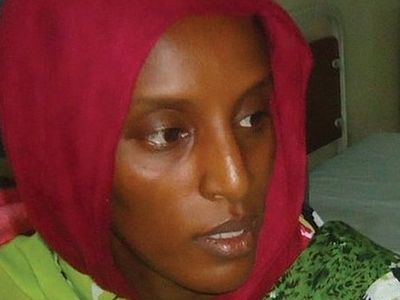July 3, 2014
Muslim "relatives" of a Sudanese Christian woman hiding at the US embassy are taking her to court to try to prove she belongs to their family, a lawyer said Tuesday.
The complainants are the same people who laid an apostasy charge against Meriam Yahia Ibrahim Ishag, 26, said the lawyer, Mohanad Mustafa.
Ishag was sentenced to death in May for apostasy from Islam, under Islamic sharia law that has been in force in Sudan since 1983 and outlaws conversions on pain of death.
An appeals court later quashed the verdict and sentence.
Her case raised questions of religious freedom and sparked deep concern among Western governments and human rights activists.
"In fact, it is not her family" who filed the cases, Mustafa told AFP. "They want to get her in trouble. Somebody supports them. I can't mention who."
Mustafa confirmed that a case has been lodged against Ishag in family court "to prove that Meriam is Abrar and she is one of the family."
Muslims refer to her as Abrar al-Hadi Mohamed Abdalla.
Neither Ishag nor her lawyers have yet received documents confirming when the case will be heard, Mustafa said.
"I think the court will dismiss the case," he added.
It is not a criminal action, meaning it would not affect her chances of travelling abroad.
Ishag is, however, charged criminally with forgery and providing false information in relation to a South Sudanese travel document she used last week while trying to leave Sudan for the United States, a day after the appeals court ruling.
On Sunday, lawyers asked prosecutors to dismiss the forgery-related charges.
Mustafa said that would leave Ishag and her family -- including a baby daughter born while she was on death row -- free to leave the country.
Ishag's American husband Daniel Wani has said threats forced the family to go into hiding and seek the embassy's protection.
A man claiming to be her brother has stated that the family would carry out the death sentence if she were acquitted, according to Christian activists.
Ishag was born to a Muslim father who abandoned the family, leaving her to be raised by her Ethiopian Orthodox Christian mother, according to the Roman Catholic Archdiocese of Khartoum, which said she joined the Catholic church shortly before she married.
The case has re-focussed attention on a country which has slipped from the international spotlight but where an 11-year-old war and other unrest continues in Darfur, government troops and rebels are fighting in South Kordofan and Blue Nile, and millions of people need humanitarian aid.
